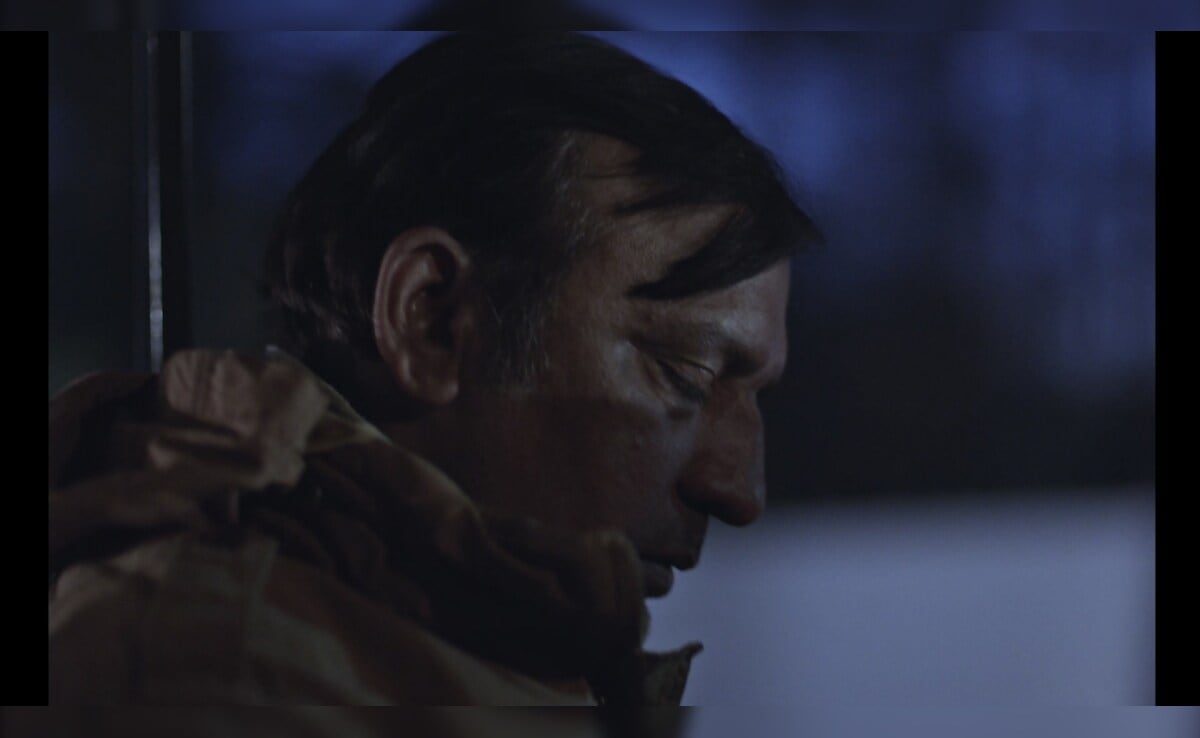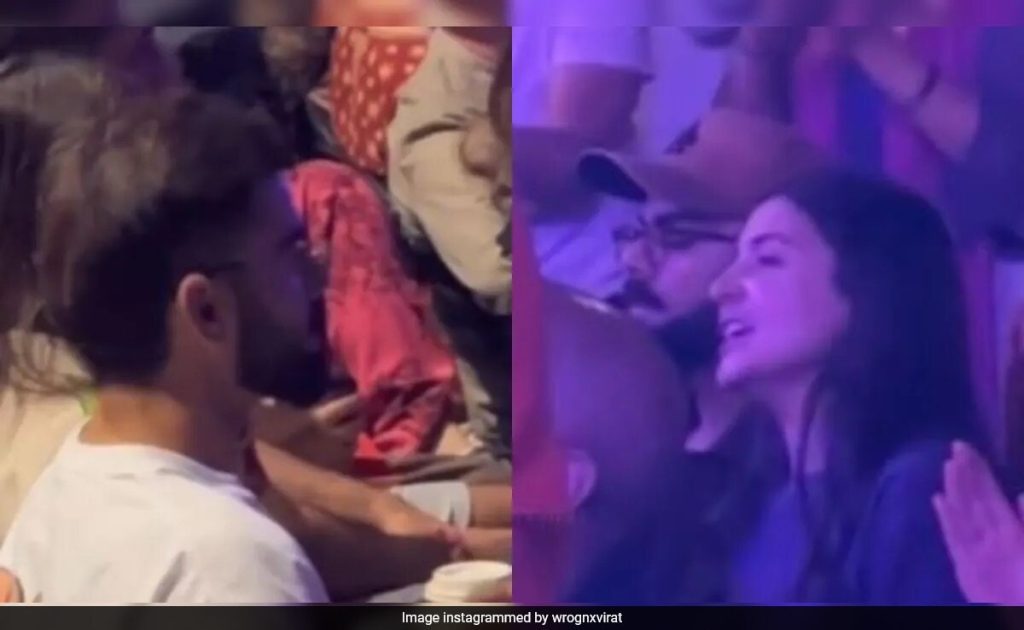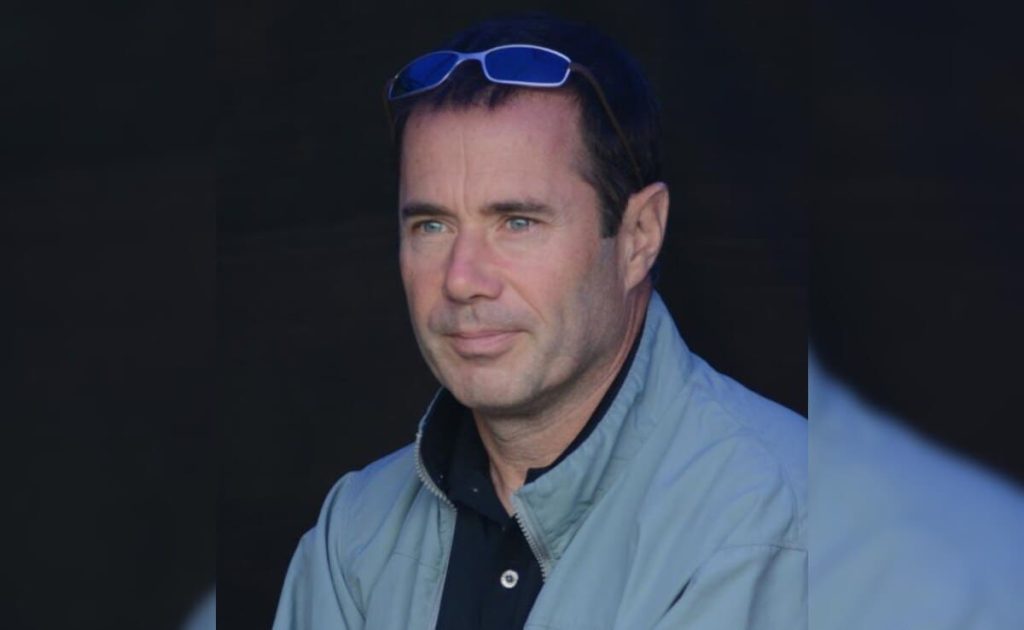From a still In the retreat
New Delhi:
Maisam Ali—who learned the ropes at the Film and Television Institute of India (FTII), where no Indian director had gone before—is headed to ACID Cannes, which has been showcasing and promoting independent cinema since the early 1990s.
Delicately crafted, steadfastly minimalist In the retreat, Ali’s fiction feature debut, is the first title from the world’s largest film-producing nation in the ACID Cannes selection. It is one of the nine films in the department’s 2024 programme.
“I was hoping someone or others in France would like my film,” says Ali, who was born in Iran, where his doctor-father worked for the public health service before returning to Ladakh when his son was eight. . “My short films have previously been shown at small French festivals.”
For Ali, of course, nothing could be better than the world premiere in Cannes, where his FTII batchmate Payal Kapadia All we imagine as light The first Indian film to do so in three decades, has made it to the main competition.
in tone and texture, In the retreat Features an unparalleled vision and original sound. It is a far cry from all the Ladakh movies we usually see. Seeing the natural splendor and cultural uniqueness of the place, they fall short of capturing the true essence of the region. Ali’s film is not like that.
In the retreat Instead it examines the ventricles of Ladakh’s heart. “I wasn’t looking for pretty images,” Ali says. “I wanted to show the interiors of places where I have personal memories.”
ACID (Association for the Diffusion of Independent Cinema) is a group of filmmakers that helps French and international directors find distribution in Europe. The 77th Cannes Film Festival will run from May 14 to 25.

In the retreat The 75-minute drama is about a man who returns to a hill village he left many years ago. It examines notions of belonging and non-belonging from the perspective of a man whose wanderings and absences have created a chasm between him and what was once home.
is anonymous In the retreat Is the hero drawn from personal memory? “Yes,” Ali says. Years ago, he adds, he had heard stories of one such person who had returned after a long absence. “He visited my father’s clinic and reminded me of his grandfather’s shop in the old market where my family had a photography shop. The memory of this man stayed with me.”

It took the form of a large fictional story. Ali says: “I imagined the man walking around, running into people and making small talk.” His film returnee, late for his brother’s funeral, is reluctant to set foot in the house. “He is postponing his return because he feels his arrival will serve no purpose,” adds the filmmaker.
Refers to Ali’s logline In the retreat To shed some light on the human psyche. It reads: “A person (who) has returned home but decides to stay out in the shadows of the night”.

“My relationship with home has always been ambiguous,” says Ali. “Home is where you find comfort but home is a place where you create your boundaries.”
He refers to a line in which the hero speaks: From the outside, the house looks innocent (innocent) and sentimental (emotional) but inside the house there is neither beginning nor end of hope (na ummed ki shurut na khata).
Ali says, “I have a relationship with the house. Who is family and who is not? This is indeed the question In the retreat Explores in such subtle and complex ways that it raises more questions about one’s moorings, the manner in which one comes and goes, and the procrastination and dilly-dalling of the central character.
After spending his early years in Iran, Ali was in school in Ladakh. I am out after 10th. I graduated in Delhi (from an engineering college) and later lived in Pune and Mumbai. “I don’t have a home,” he says. “I am here and there.”
Ali says that his love for film arose from the discourse surrounding realism in filmmaking. “Can we really capture time? Something is here now and gone the next moment. For a guy with a movie camera, that’s an incredible challenge,” he says.
Cinema’s struggle to grasp the transience of beings, experiences and moments draws Ali to the medium. To the mention of Bela Tarr, he added many more names – Bresson, Ozu, Tarkovsky, Kiarostami. “These filmmakers inspire us to push the medium as far as possible,” he says.
Ali’s cinematic credentials are reflected in the way he uses lead actor Harish Khanna. He says, “My idea of an actor is that he is a person, an animal. I don’t like people acting (and expressing themselves) in front of the camera. I’m more interested in what you’re hiding. .”
In the art of acting and in film-making, secrecy is more valuable than disclosure, he says. “Seeing someone in front of a camera gives you a sense of things,” he says. In my brief to the actor, once I was sure of the character’s existence, pauses and rhythm, I spoke mainly of philosophical and thematic things.”
Talking about In Retreat’s tight but eye-catching sound design, Ali rejects the wall-to-wall music accompaniment that characterizes movies and shows on streaming platforms.
“Every line of dialogue is underscored by music. The process of creating sound (as a separate element of the film) is as good as it gets,” he laments. “For me, the details and textures that add volume to a work are extremely important.”
Ali’s alma mater, FTII, has a big presence at Cannes this year. Apart from his and Kapadia’s films, a student of the institute, Chidanand S. Naik, La Cinef, a department for admissions to film schools, and FTII alumnus Santosh Sivan, one of India’s finest cinematographers, are among the awardees. 2024 Pierre Angenix Tribute.
How important is film schooling to Ali? “As a child, many people are told that their handwriting is bad. But your handwriting is what defines you. That’s one of the things I learned at FTII. My artistic journey started there because of my teachers and the environment there. The institution,” he says.
If you are conceptually strong, rules and techniques are not as important as fundamentals, asserts Ali. “What rules do we need to make a film? We all have memories and dreams. We know that language that we all dream around the world,” he added.





